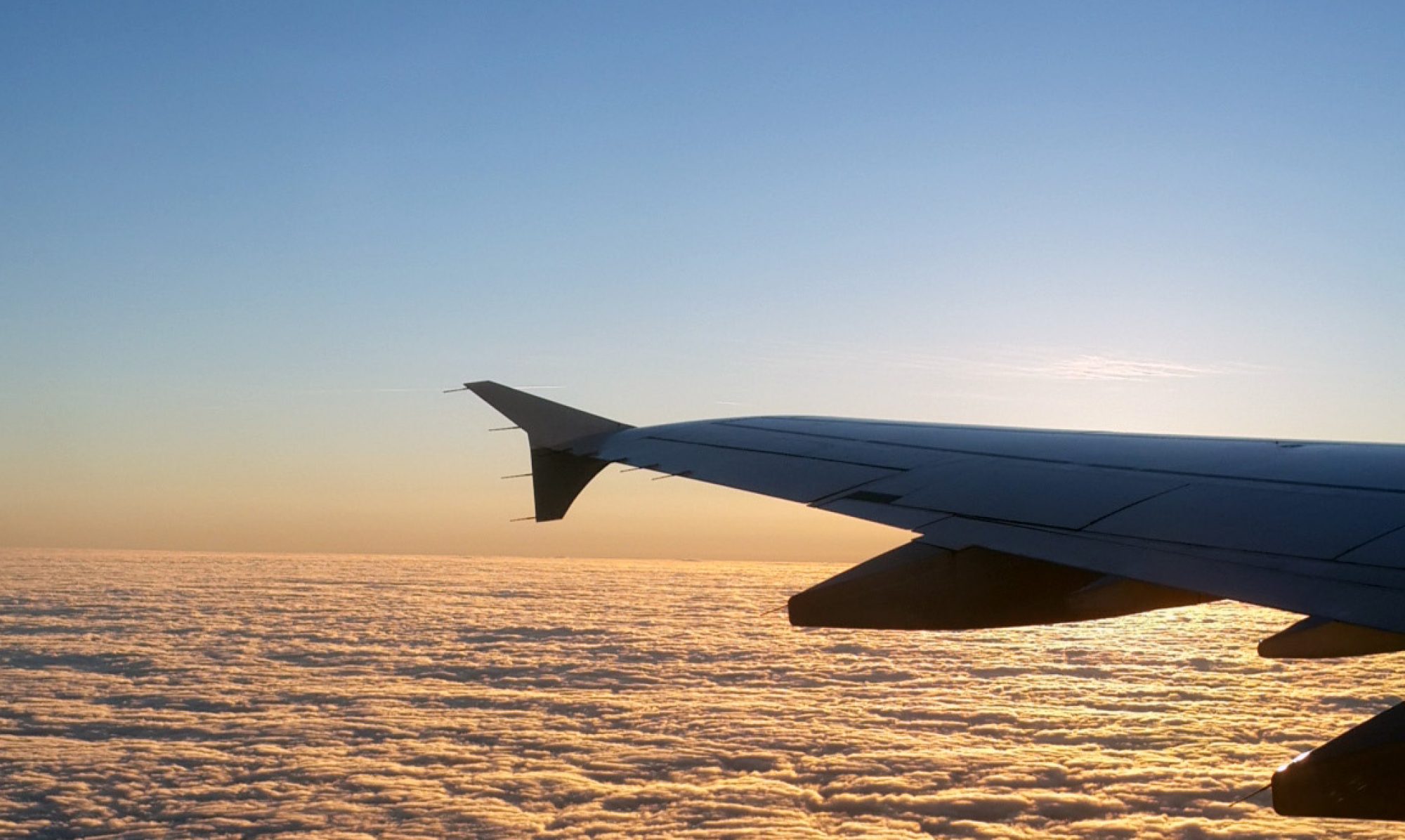July 2014 | Dios Kurniawan
Let’s face it. Fossil fuels – gasoline, oil, natural gas, coal – that people have been exploiting in the last 100+ years are depleting. Their prices are constantly going up. Oil reserves are draining while discovery of new oil wells has slowed in the last decade. Experts predict that by the end of this century, nearly all fossil fuels in the world will be gone, or at least will not be economically feasible to produce anymore.
However, that will not mean the end of the world. Technology has introduced into our lives many renewable energy sources such as solar power and biofuels, lessening our dependence to fossil fuels. We have seen the emergence of electric cars and hydrogen-powered vehicles. Trains have been electric-powered since long time ago. There are ships already propelled by nuclear power today, and in the future as fossil fuel becoming more expensive nuclear-powered ships could become a norm. But what will happen to jet planes? Never seen an aeroplane powered by coal. Or by electric batteries. There was an experiment in 1950’s to carry a nuclear reactor inside a B-36 bomber plane, but it never actually flew the plane.

What about solar energy? There are solar-powered aircrafts today, but mostly are experimental only, and none can carry more than two people. Solar power is not efficient if you put it into aviation technology. Let’s see it this way: the best solar panels today produce less than 100W per square meter under sunlight. A Boeing 737, the world’s most popular jetliner, has a wing area of only 125 square meters, that translates into 100×125=12.5kW of electricity produced by the solar panels. OK you you can put a few more solar panels on top of the fuselage, let’s say that adds 10kW = total 22kW. Even that is still very small compared to the power a jet engine can produce, which is in the order of 50-100 mega watts. The solar panels maybe enough to power the lighting and air conditioning of the plane, but a Boeing 737 weighs no less than 40 tons, so definitely the solar power would never be enough to move the plane, even on the ground.
Biofuel could be our only hope, but at this moment it does not seem promising considering the amount land use needed to produce biofuel. Competition with food supply is a major consequence of biofuels. The impact on the environment is huge, and it seems biofuel is still many decades away from being economically viable to be used as jet fuel.
By looking at the currently available technology in renewable energy, the replacement of fossil fuel in air travel simply does not exist. When the world faces the end of fossil fuel in about 90-100 years from now, by that time people will still be able to travel by car or by train, but not by air. Even if there is still fossil fuel left, flying will become unaffordable to most people. So I guess by the year 2100, once again all of us will have to travel by ships if we want to visit a distant country, just like our grandparents did …


